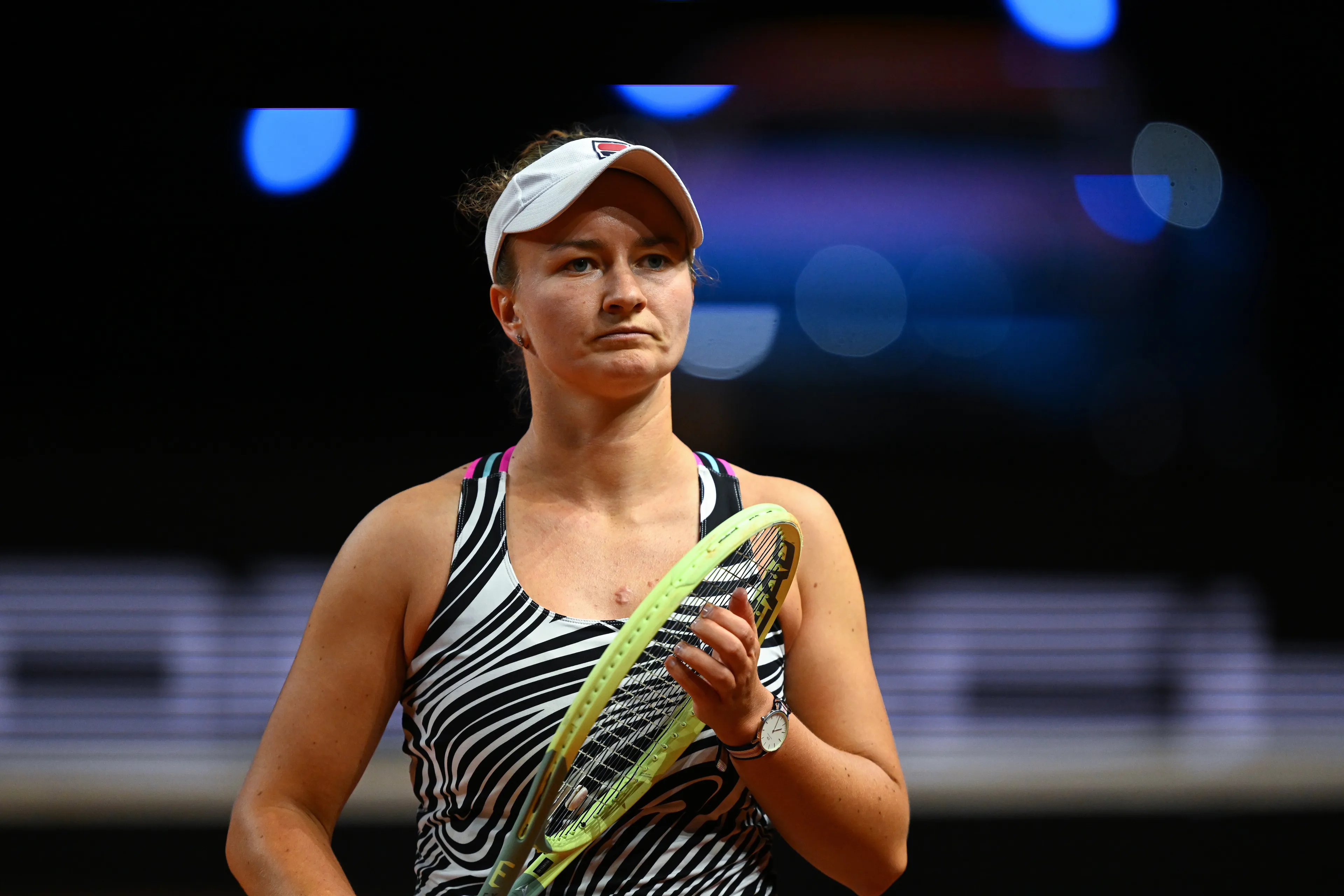Iga Swiatek Accused Of 'Blatantly Lying' During Her Provisional Suspension
NewsSunday, 22 December 2024 at 10:56

While Iga Swiatek's doping case has now been closed, it still raises many questions, especially when it comes to its transparency.
On November 28th, 2024, Iga Swiatek accepted a one-month suspension after she tested positive for a banned substance on August 24th, 2024. The substance found in her body was trimetazidine.
Eventually, the former WTA World No. 1 was able to prove that the melatonin pills that she was using were contaminated. Thanks to that, she was able to avoid a longer suspension.
Still, the announcement came out of nowhere, even though Swiatek had known about the case for months. Because of that, many talked about the lack of transparency in the sport.
Former ATP player Jason Goodall, who was once ranked 240th in the world and now works as a pundit, has decided to speak about the issue during a recent broadcast on the Tennis Channel.
With another former player and coach, Mark Petchey, and current World No. 107, Christopher Eubanks, in the studio with him, Goodall explained what exactly he didn't like in Swiatek's case.
The Polish player was suspended for one month during the Asian swing, missing the Korean Open in Seoul, the China Open in Beijing, and the Wuhan Open. The last two of these tournaments were the WTA 1000 events.
It was surprising Swiatek would decide to miss those events, but at the time, she blamed it on appointing a new coach, which was a weird but relatively believable excuse, given that the Pole was one of the most outspoken players when it came to voicing complaints about the busy schedule.
According to Goodall, it's the lack of transparency that is the main issue in these cases, as Swiatek quite clearly made up an excuse for her withdrawals while the truth was somewhere else.
Unfortunately, she wasn't the first player to do that, as many other previous cases saw similar development, but with Swiatek's case, Goodall wanted to pinpoint the issue once again.
"We've had a couple of high-profile doping cases this season with Jannik Sinner and Iga Swiatek, and the one thing that I didn't like was the lack of transparency in those two cases."
Read also
"We only learned about Sinner's before the start of the US Open, and that happened very early on in the season, in the spring. With Iga's, we were told she was having just a little bit of time with her coach, working on different aspects of her game. That wasn't the case. That was just a blatant lie."
According to Goodall, the public should be made aware of the cases immediately, and on top of that, if any questions arise, the ATP and the WTA should be responsible for answering them.
"We didn't know she was serving a soft suspension. Why wouldn't we know that? Just tell the truth. If a player's tested positive like Sinner, and he's done it in his A sample and his B sample, we should know, and we should know the facts of the case. Why don't we know that?"
"And then, if there are questions to be answered, who are the spokespeople on the ATP and the WTA? Who can we ask? So I want more transparency, I don't want any soft, secret suspensions."
Read also
Loading








